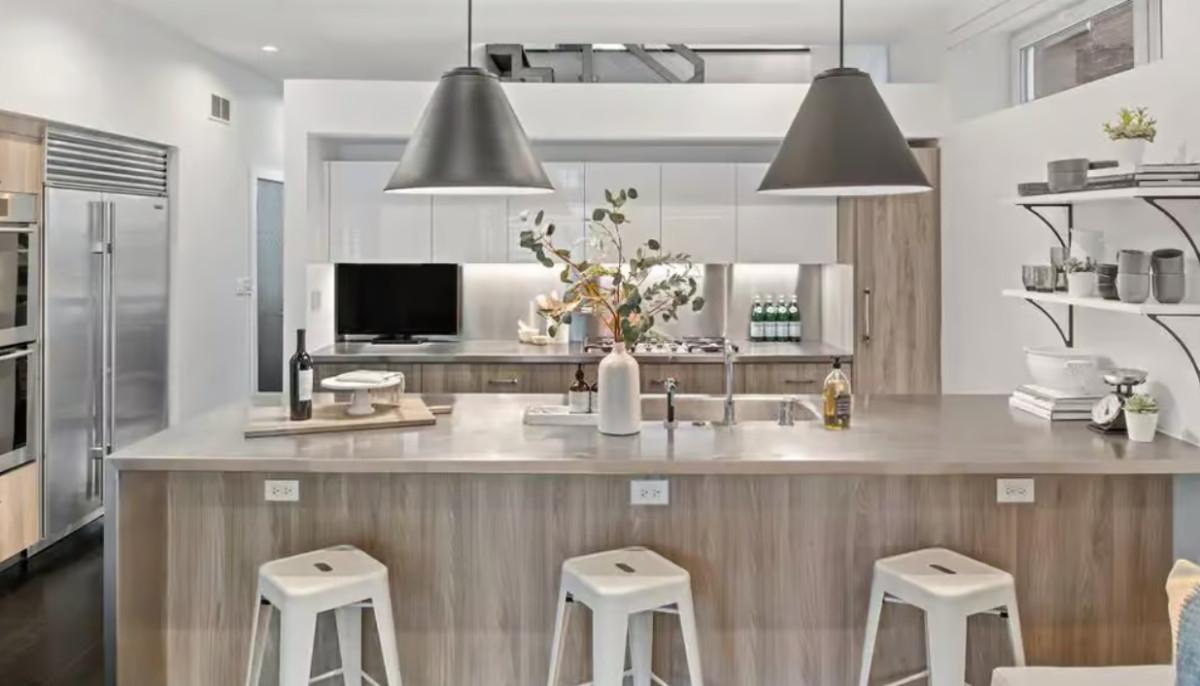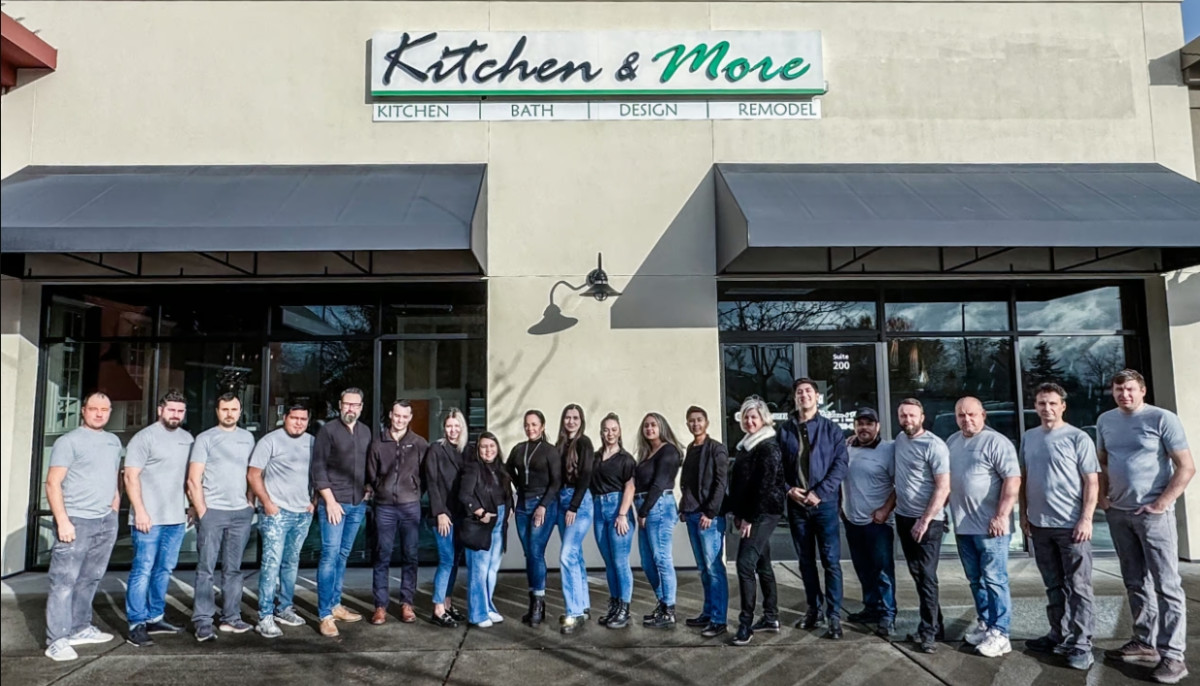BELLEVUE, WA — Artificial Intelligence (AI) goes beyond algorithms analyzing data and crunching numbers—AI is also reshaping how we design, cook, and live in our kitchens.
Over the past year, Kitchen & More, a leading Bellevue-based kitchen & bathroom remodelling firm, has observed a significant spike in requests for integrating AI in kitchen designs. "Homeowners are eager to incorporate technologies that enhance convenience, efficiency, and personalization in their kitchens,” says Kurt, CEO of Kitchen & More. This local trend reflects a broader global movement toward smarter kitchens.
Among all home improvement projects, kitchen design is one of the most challenging spaces to plan effectively. From optimizing layouts and maximizing storage to managing budgets and achieving a lasting aesthetic, the process can quickly become overwhelming for homeowners.
Prior to the rise of AI-powered design platforms, many homeowners struggled through the complexity of the kitchen design process. Homeowners often run into issues with poor appliance placement, limited storage, and lighting that doesn’t match how the kitchen is actually used. Without thoughtful planning, costs can spiral and designs can quickly feel dated.
AI design tools address these challenges by eliminating much of the trial and error traditionally involved in kitchen renovations. By generating layout options, visual renderings, and even providing helpful preliminary cost estimates, these tools help homeowners avoid costly mistakes and move forward with greater confidence and clarity.
Aside from homeowners, remodelers are also leveraging AI to simplify workflows and stay competitive in an evolving design landscape. A 2023 survey by Qualified Remodeler revealed that AI is gaining serious traction in the remodelling industry. Roughly 64.2% of remodelers said they had experimented with AI tools. Even more impressively, nearly 30% now integrate AI into their day-to-day work.
While AI tools excel at generating layouts, visual mockups, and cost-saving recommendations, they lack the ability to intuit lifestyle habits, family routines, and the emotional nuance of a well-designed space.
Designers bring context, creativity, and a deep understanding of how spaces are truly lived in. Human expertise is what brings warmth, intuition, and long-term thinking to a design that lasts.
As AI capabilities grow, its role in home renovation is expected to expand. Emerging features may include real-time cost tracking, eco-conscious material suggestions, or smart layouts tailored to mobility and accessibility needs. Ultimately, the future of kitchen design will be shaped by the balance between automation and human creativity, resulting in smarter, more thoughtful spaces that adapt to how people truly live.





